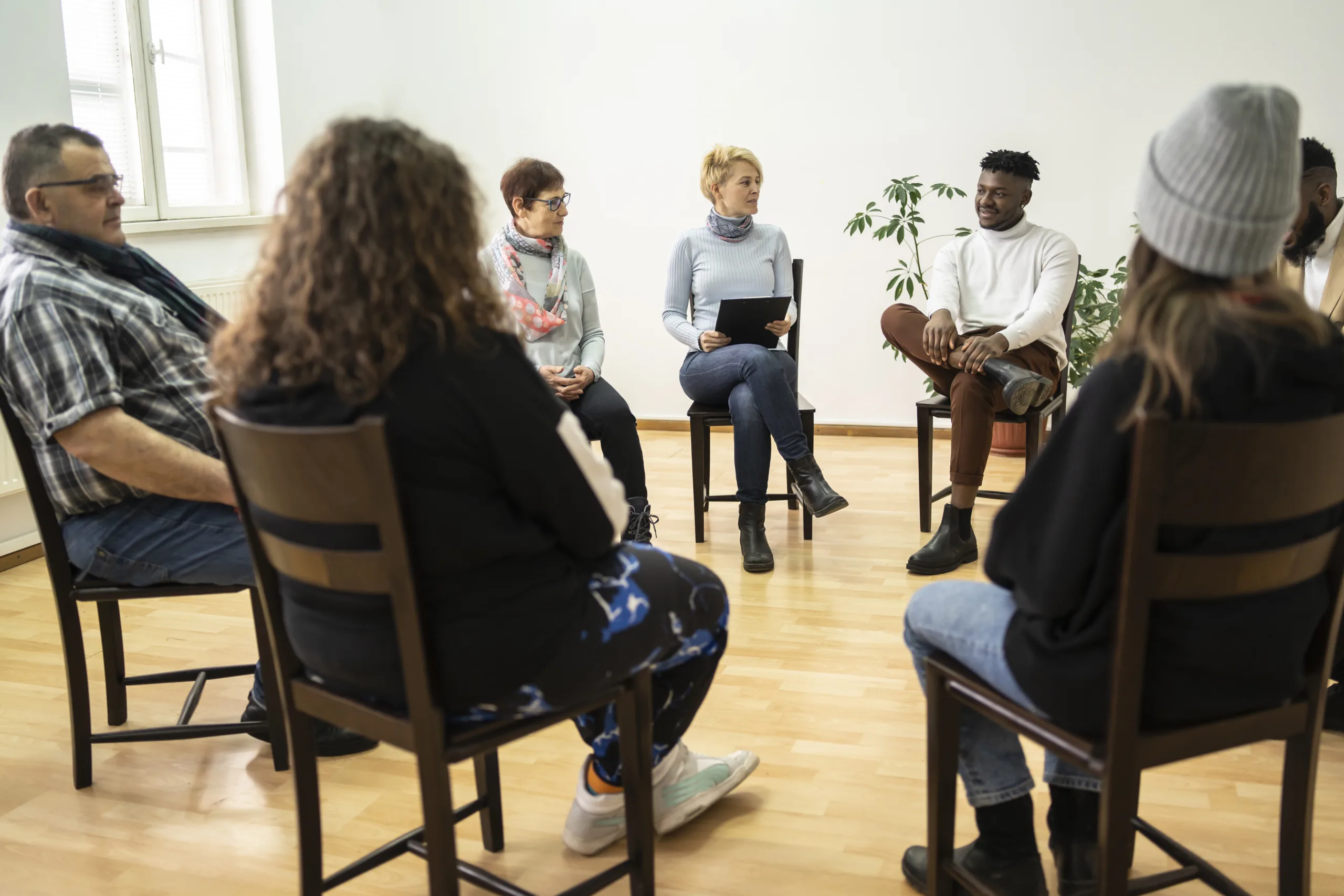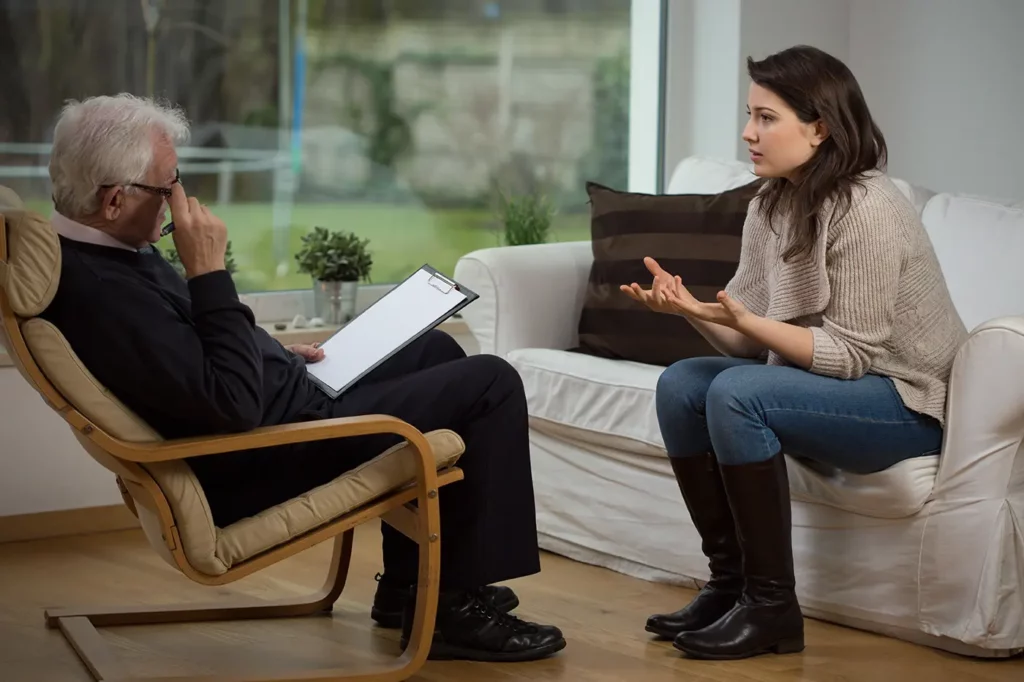24/7 Helpline:
(866) 899-221924/7 Helpline:
(866) 899-2219
Learn more about 90-day Rehab Program centers in Monrovia
90-day Rehab Program in Other Cities

Other Insurance Options

EmblemHealth

Optima

Premera

Oxford

MHNNet Behavioral Health

Magellan

Providence

Self-pay options

Magellan Health

Aetna

CareSource

WellPoint

United Health Care

ComPsych

Multiplan

AllWell

Choice Care Network

Ambetter

State Farm
Beacon

Living Proof Recovery Center
Living Proof Recovery Center is a private rehab located in Monrovia, California. Living Proof Recove...

Garfield Place Transitional Sober Living Home
Garfield Place Transitional Sober Living Home is a private rehab located in Monrovia, California. Ga...

Alcohol Abuse and Addiction Information and Treatment
Alcohol Abuse and Addiction Information and Treatment is a private rehab located in Monrovia, Califo...













